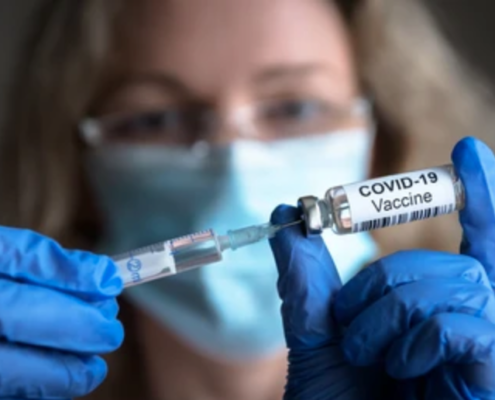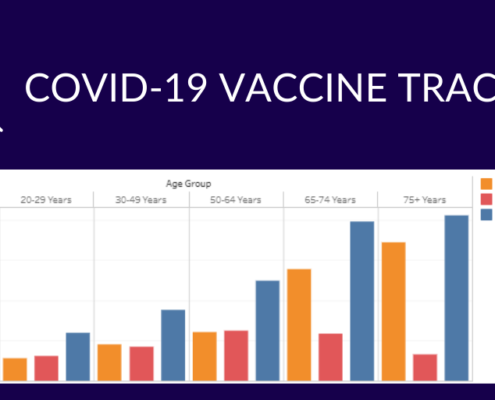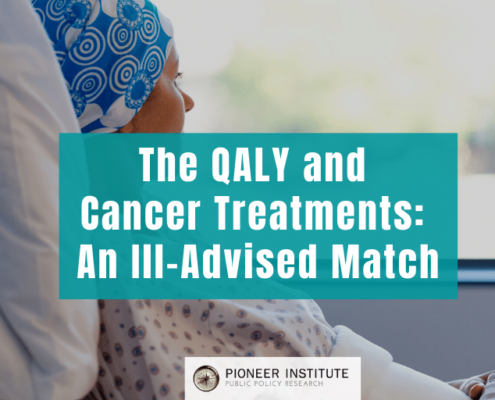Making Healthcare Prices Accessible
Today, Pioneer Institute filed a Public Comment with the federal government urging the U.S. Department of Health and Human Services (HHS) to launch a much-needed national effort to make healthcare price transparency consumer friendly and easily accessible to both insured and uninsured consumers around the country.
The Pioneer Comment was filed in response to a proposed rulemaking by HHS that seeks to improve the availability of actual healthcare prices, including prices that insurers and hospitals negotiate. Pioneer informed HHS of its numerous surveys and studies that demonstrate how difficult it is for consumers to obtain healthcare prices before services are obtained.
Jim Stergios, Pioneer’s Executive Director, said “Suppressing price information leads to the inevitable result that healthcare dollars are misallocated because price information is not available to help guide decision-making by consumers and businesses.”
Pioneer Institute is an independent, non-partisan, privately funded research organization that seeks to improve the quality of life in Massachusetts through civic discourse and intellectually rigorous, data-driven public policy solutions based on free market principles, individual liberty and responsibility, and the ideal of effective, limited and accountable government.
Related Research















